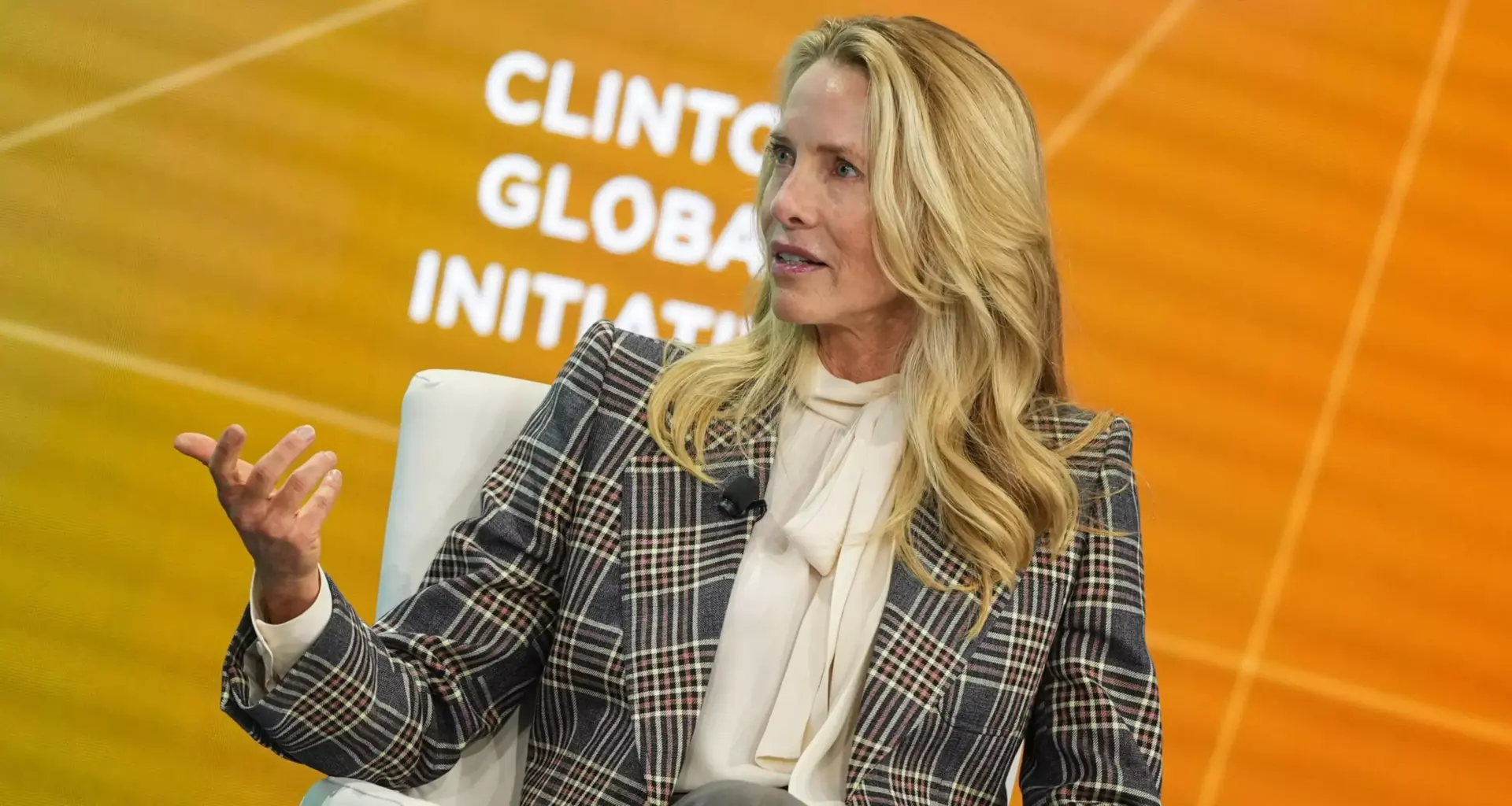Emerson Collective founder and president Laurene Powell Jobs used a Wall Street Journal essay (opens in new tab) Friday to challenge what she described as a troubling trend in modern philanthropy: wealthy donors using their charitable contributions as leverage to dictate policy and assert control over communities.
Her displeasure was aimed at Salesforce CEO Marc Benioff. Powell Jobs’ essay directly responded to his recent comments in which he called for President Donald Trump to send the National Guard to address conditions in San Francisco. While other critics have fumed about Benioff inviting the military to patrol the city, Powell Jobs focused on what she called his underlying attitude that considerable donations entitled him to dictate public policy.
“In his eyes, generosity is an auction—and policy is the prize awarded to the highest bidder,” Powell Jobs, the widow of Steve Jobs, wrote.
Benioff, who no longer lives in San Francisco, has recently sounded off in interviews about his civic bona fides, saying to The Standard: “If there is anyone who’s doing more for the local community, I want their name, because I’m very competitive.”
That comment in particular is what elicited Powell Jobs’ reaction.
“That’s the quiet corruption corroding modern philanthropy: the ability to give as a license to impose one’s will,” she wrote. “It’s a kind of moral laundering, where so-called benevolence masks self-interest.”
It’s just the latest swipe at Benioff that has come the same week as Salesforce’s blowout Dreamforce conference held at Moscone Center. On Thursday, billionaire investor Ron Conway announced he’d quit the Salesforce Foundation’s board of directors, and rebuked Benioff in an email shared with The Standard. Comedians Kumail Nanjiani and Ilana Glazer also abruptly cancelled their scheduled performances at Dreamforce.
“It’s a kind of moral laundering, where so-called benevolence masks self-interest.”
Laurene Powell Jobs
Wealthy donors have increasingly inserted themselves into conversations about homelessness, crime and governance in San Francisco. In one example, crypto billionaire Chris Larsen has pledged $9 million to the San Francisco Police Department to use for surveillance. (opens in new tab)
There have also been many contributions from many wealthy donors to fund Mayor Daniel Lurie’s campaign pledge — which he has since walked back — to create 1,500 shelter beds
“Giving that expects control is anything but generous,” Powell Jobs wrote. “When wealth becomes a substitute for participation, giving is reduced to performance art—proof of virtue, a way to appear magnanimous while still demanding ownership.”
Powell Jobs, who also serves as lead investor and chair of The Atlantic, warned that the approach corrupts modern philanthropy and distorts civic responsibility. She is also the co-chair of the Partnership for San Francisco, a private effort backed by Mayor Daniel Lurie, to revitalize downtown.
“Public institutions bend toward the priorities of the wealthy, and communities begin to measure worth in proximity to power,” she wrote. “The generosity that was meant to bind us together instead becomes a means of control—a way to shape policy by applause rather than by consent.”
Benioff has not responded to The Standard’s request for comment. An Emerson Collective spokesperson declined to comment Friday morning.

